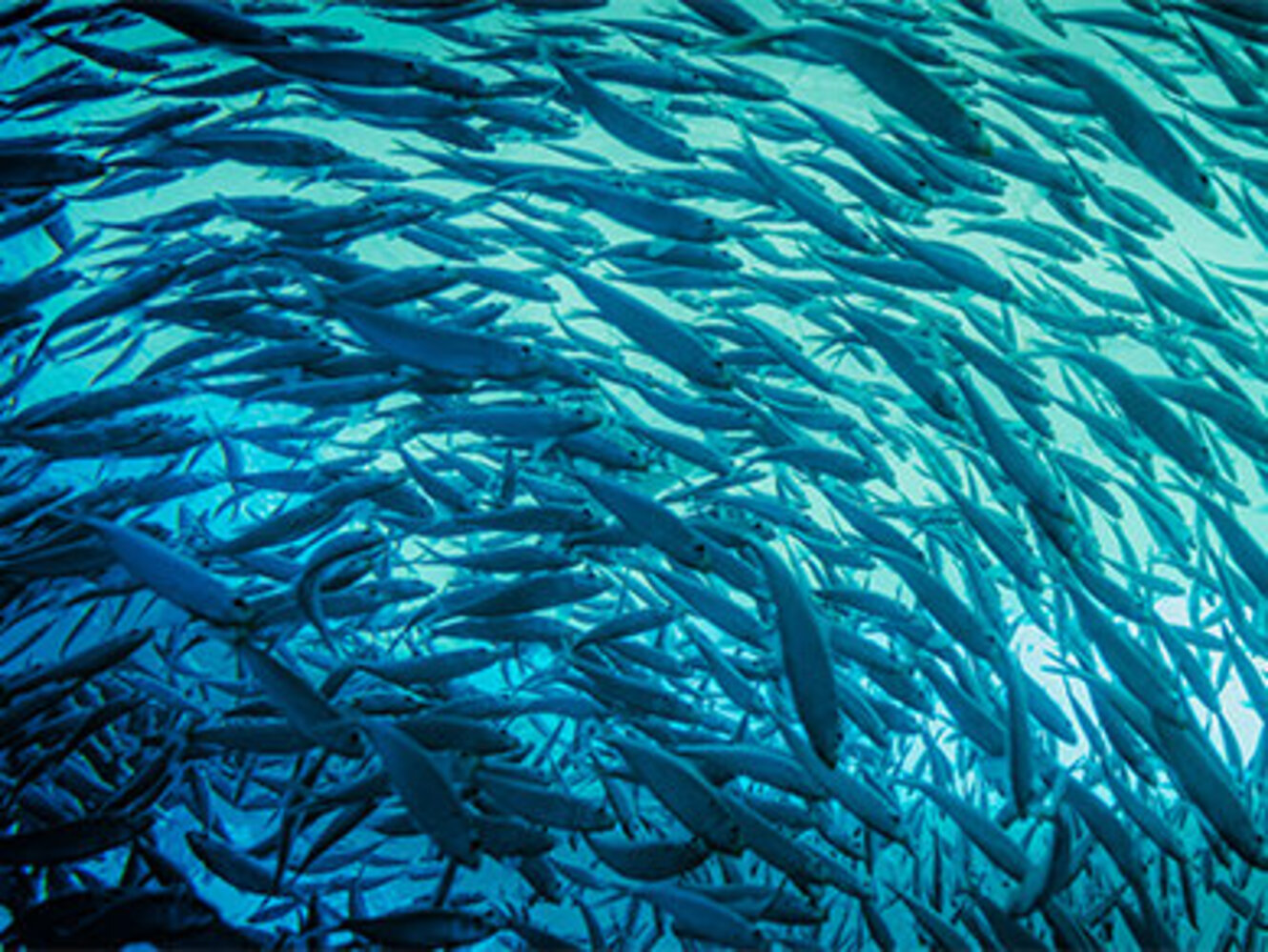Fast & Fin-telligent!

When danger looms, there’s safety in numbers - but do big groups also panic more easily? In the wild, animals often make life-or-death decisions together, yet it hasn’t been clear whether larger groups are better at spotting real threats without overreacting to harmless ones. The Collective Information Processing Group (Pawel Romanczuk) examined the behaviour of fish shoals and found that bigger groups aren’t just faster at detecting predators, they’re also no more likely to fall for false alarms. In fact, larger shoals make decisions both quicker and more accurately, avoiding the usual trade-offs that solitary individuals face. These findings highlight how collective intelligence can sharpen survival strategies in nature. Find out more in their Science Advances Article!
Abstract
Studies on collective cognition provide many examples of how the efficient spread of information within groups leads to benefits with increasing group size. However, little is known if groups also amplify maladaptive information such as false alarms and whether such costs reduce possible benefits. Here, we investigated wild fish shoals responding collectively with escape dives when attacked by birds. We analyzed the collective response in reaction to bird attacks and similar but harmless flybys as a function of shoal size. Larger shoals increasingly detected predator attacks (i.e., true positives), while their response facing harmless flybys (i.e., false alarms) remained constant. Furthermore, decision time decreased with increasing shoal size. Larger shoals were thus able to simultaneously overcome two major trade-offs inherent in solitary decision-making: the trade-off between true and false positives and the trade-off between speed and accuracy. Our findings set the stage for the next generation of studies investigating the mechanisms underlying collective decision-making.